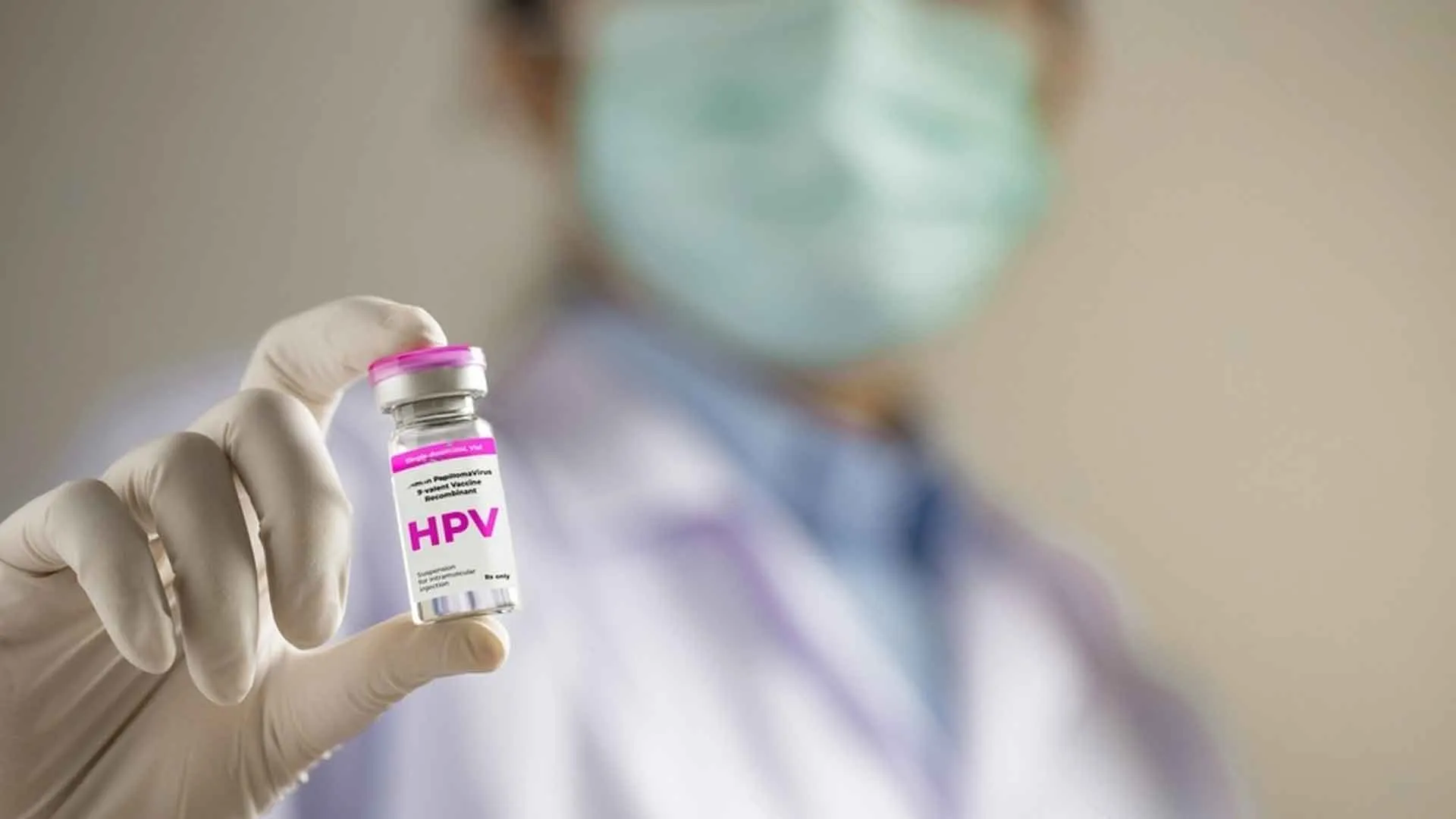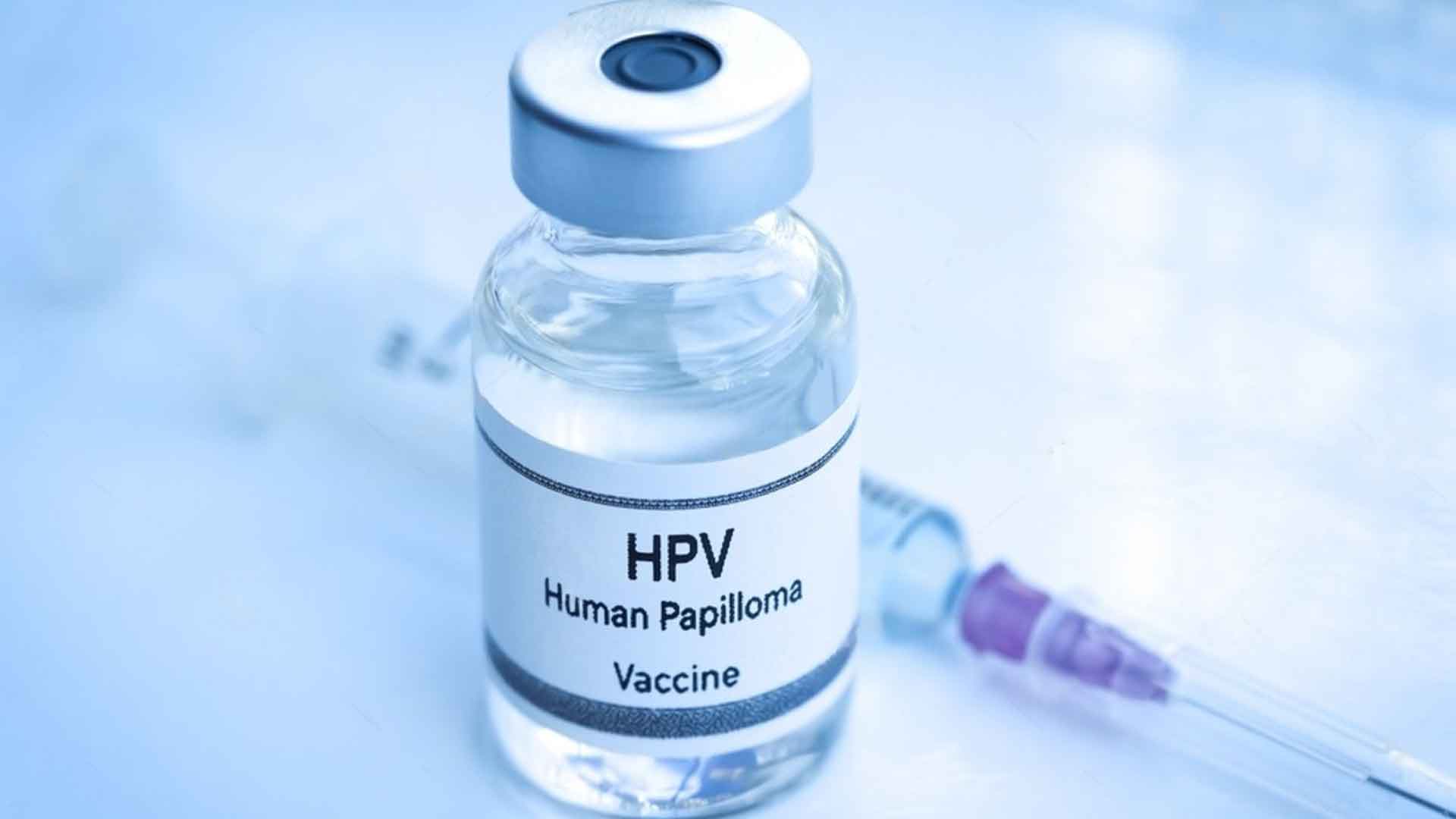
The human papillomavirus (HPV) vaccine plays a crucial role in the human body by preventing various types of cancers linked to HPV infection, particularly cervical cancer. HPV vaccine not only protects against the strains of the virus that cause the majority of cervical cancer cases but also those that lead to other cancers, such as anal, throat, and head and neck cancers.
Table of Content:-
While many people associate vaccines primarily with childhood immunisations, the HPV vaccine is unique in that it also has significant implications for young adults and older populations. Understanding the recommended age for receiving the vaccine and its effectiveness across different age groups is essential for making informed health decisions.
At What Age Should You Receive The HPV Vaccine?

Vaccination against HPV is most effective when administered before individuals become sexually active. This timing maximises the immune response and protects against potential exposure to the virus. According to UNICEF, the vaccine can be administered to young adults up to 26 years old. The Centers for Disease Control and Prevention (CDC) recommends that both boys and girls receive the HPV vaccine at ages 11 or 12, although vaccination can begin as early as 9 years old.
- The HPV vaccine is recommended for all individuals in this age group who have not been adequately vaccinated earlier.
- The vaccination schedule typically consists of two doses for those starting the series between ages 9 and 14 (administered 6-12 months apart).
- Three doses for those starting between ages 15 and 26, should be administered at an interval of 0, 1-2, and 6 months.
Is It Effective For Adults Above 26?
According to a study published on PubMed, the effectiveness of HPV vaccines for adults over 26 diminishes with age due to the likelihood of prior exposure to HPV. However, for adults aged 27 to 45, the HPV vaccine can still offer some benefits, but it is generally less effective compared to younger populations. This reduced effectiveness is primarily due to the increased probability that individuals in this age group have already been exposed to one or more strains of HPV.
- Diminished Effectiveness: The vaccine is less effective in adults over 26 due to a higher likelihood of prior exposure to HPV. While studies show some efficacy (around 88.7% for HPV-naïve individuals), it is not as robust as in younger populations.
- Clinical Trials: Research indicates that the vaccine can still protect against persistent infections and related diseases in adults aged 27-45, but the benefits are limited compared to younger recipients.
It is suggested that adults in this age group discuss vaccination with their doctors to assess individual risk factors and potential benefits.
Are there any side effects of the HPV vaccine for adults over 26?
According to NHS, the HPV vaccine is generally safe for adults over 26, with most side effects being mild and temporary. Some of the reported common side effects are mentioned below.
- Injection Site Reactions: Pain, swelling, or redness at the injection site.
- Systemic Reactions: Headache, fever, dizziness, nausea, fatigue, and muscle pain.
- Fainting: Some individuals may faint after receiving the vaccine, particularly if they are anxious about injections.
However, while the HPV vaccine is most effective when given at a young age, adults up to age 45 can still benefit from vaccination. It’s important to consult with a doctor to discuss individual health needs. Early vaccination offers the best protection against HPV-related cancers, making timely decisions crucial for health.
Also watch this video
How we keep this article up to date:
We work with experts and keep a close eye on the latest in health and wellness. Whenever there is a new research or helpful information, we update our articles with accurate and useful advice.
Current Version
